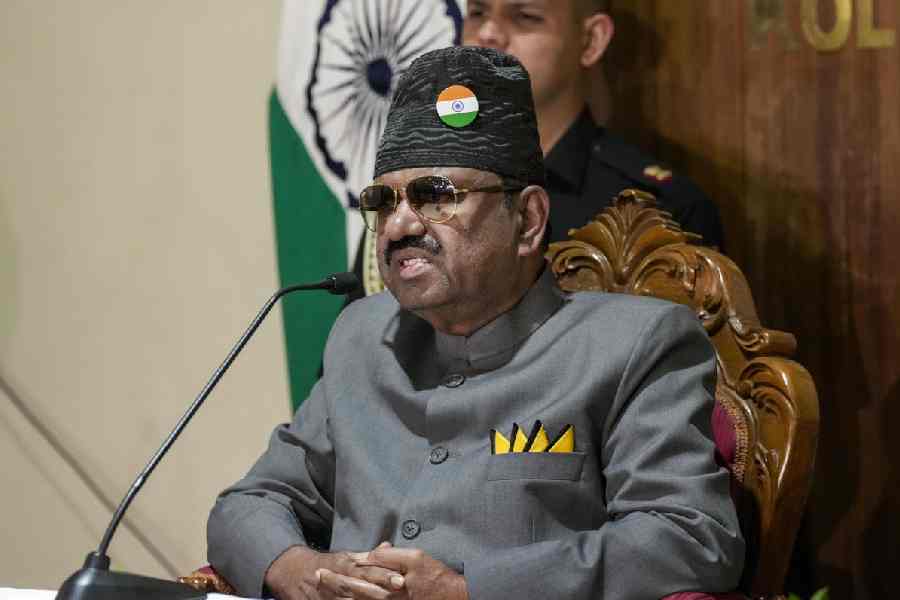The governor of West Bengal, C.V. Ananda Bose, has stated that he would follow the guidelines laid down by the Supreme Court when it comes to giving assent to bills passed by the state legislature. Mr Bose’s remark is reassuring, especially because some of his peers have not been as amenable. A number of governors in states ruled by the Opposition seem to be taking an inordinate amount of time to give their assent to bills. Kerala and Tamil Nadu are in the Supreme Court over the matter. What must have come as an embarrassment to the occupants of raj bhavans and, in effect, their appointees, the Central government, was the highest court’s reiteration that it is mandatory for governors to give their assent to bills once they have been returned to their office after having been readopted by the assembly. The wise court was especially critical of the conduct — the leisurely pace, in other words — of the governor of Tamil Nadu.
Some intriguing constitutional issues — fault lines — have come to light as a result of these developments. For instance, the absence of a clear time frame often enables uncooperative governors to sit on bills indefinitely. Plugging this loophole may be an issue that merits greater attention. Interestingly, the debates of the Constituent Assembly are suggestive of the fact that the power to give assent to bills or return them for further consultation was deemed to be vested in the council of ministers rather than the raj bhavan. Yet, in independent India, governors have been known to act on the basis of their own counsel. But is this ‘autonomy’ of the governor equivalent to ‘agency’? Perhaps not. This is because governorship, whether in the past or at present, has seldom meant little else than serving as an extension of the writ of the Central government. This is also the reason why most of the battles between the raj bhavan and the legislature are taking place in states that do not have the Bharatiya Janata Party in power. The crisis, therefore, is an instance of a telling convergence of political and constitutional imperatives. Those in favour of the removal of the governor’s office have often argued that the post is ornamental in nature. But that does not mean that over the years the incumbents’ conduct has been benign.










